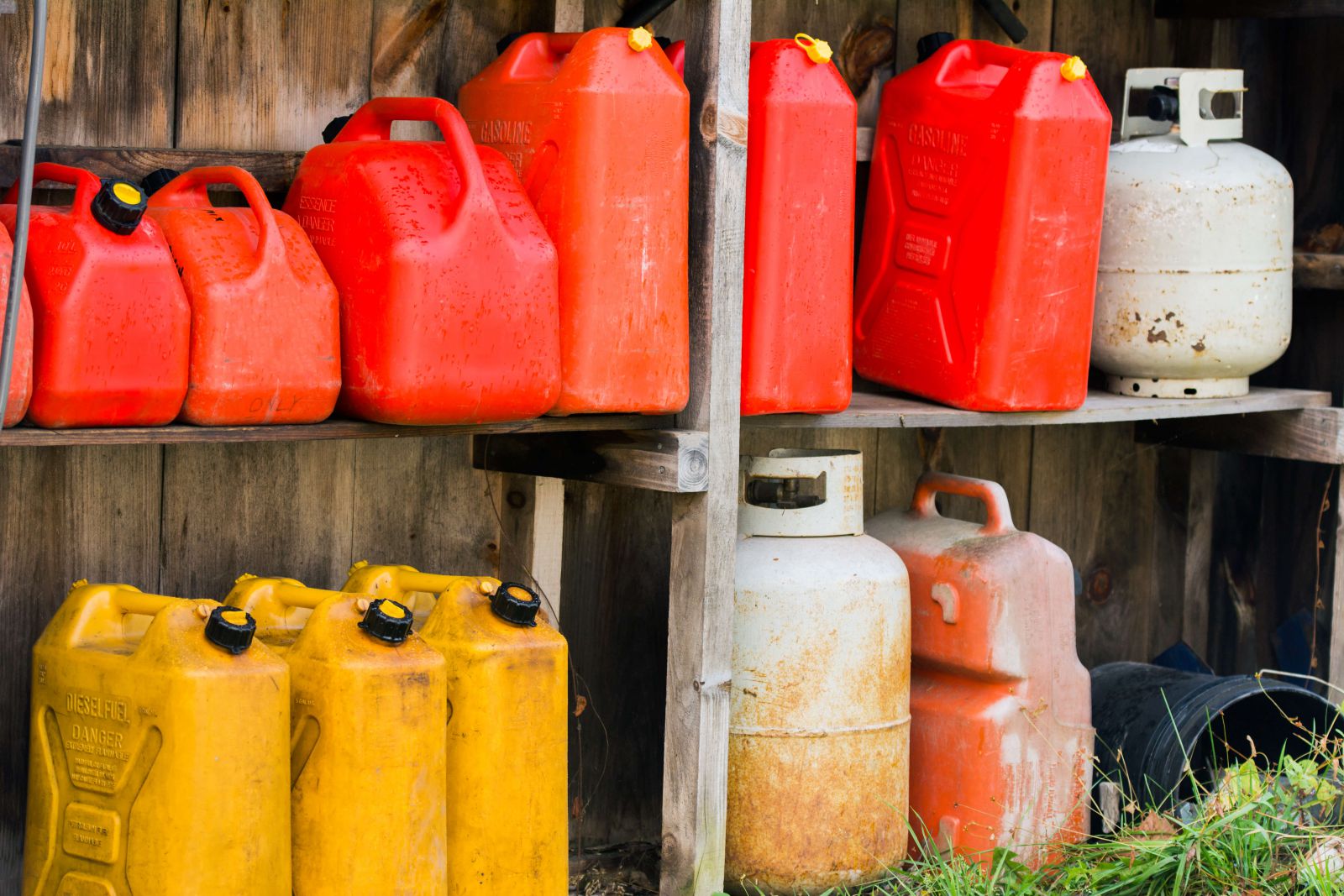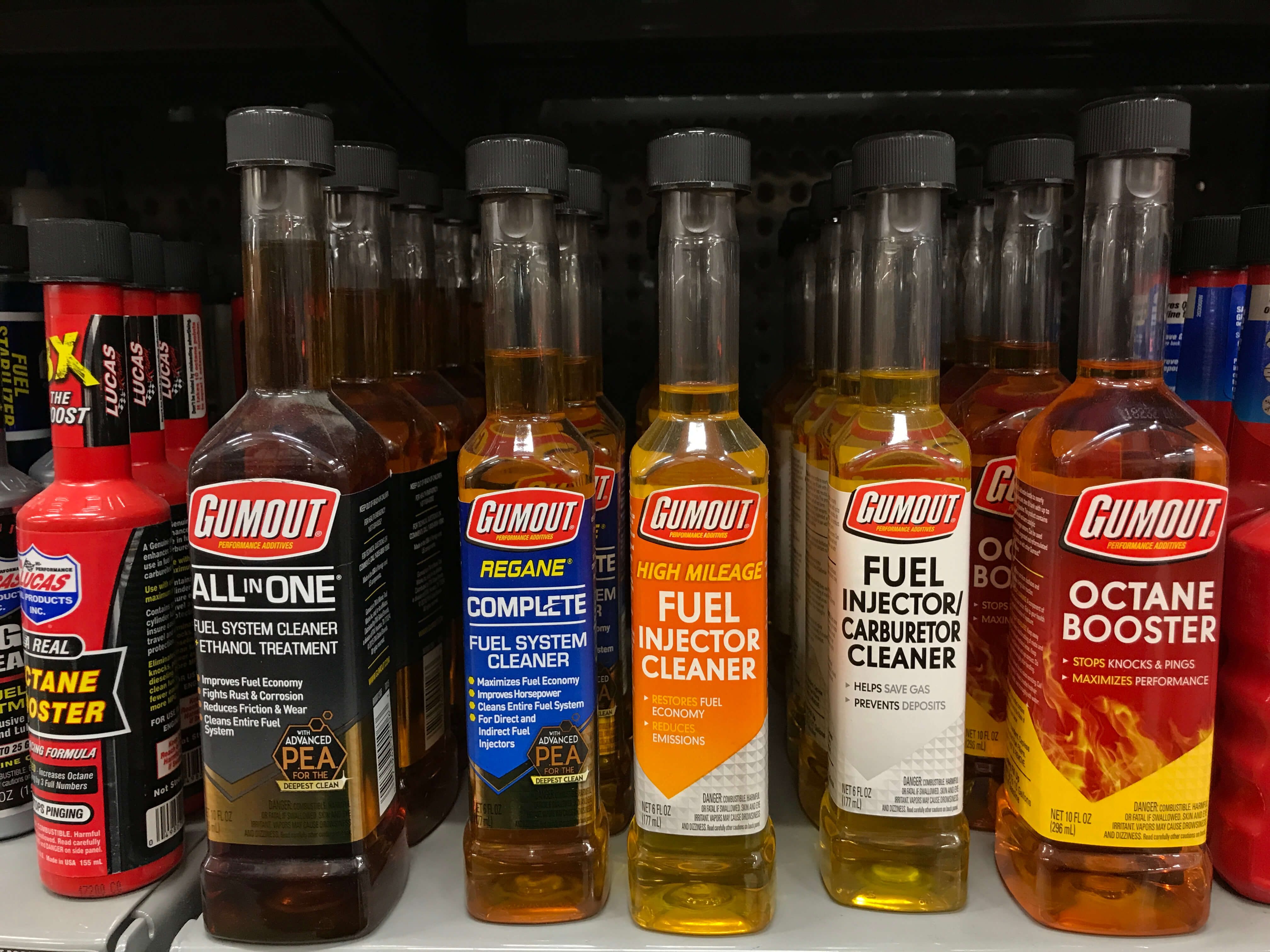Performance Fuels

What Happens to Gasoline as it Ages?
- Category:
- Fuel Facts
by Grassroots Motorsports
Posted on 10/31/2024

Like many things in life, gasoline isn’t forever. As gas sits around, parts of it evaporate and can escape the fuel container–and we say “parts of it” because gasoline is a fairly complex substance.
Gasoline is made up of aliphatic and aromatic hydrocarbons–let’s call them open chains and closed rings. The light ends, technically known as short-chain aliphatic hydrocarbons, evaporate first, leaving behind the long-chain aliphatic and aromatic hydrocarbons. You don’t need to own a lab coat to understand the results: A fuel that’s light on short-chain hydrocarbons is harder to ignite because it needs a higher temperature to vaporize enough fuel to support combustion, explains Zachary J. Santner, senior specialist of quality at Sunoco.
Scientists have developed antioxidants to protect gasoline from undergoing the process of oxidation. Oxidation can lower the octane rating and increase the amount of gum in the fuel. However, these antioxidants are consumed as they react with oxygen. Regular-grade gasoline is designed to be used quickly and doesn’t have the high-antioxidant package found in high-octane gas.
On the other hand, Santner notes, race fuel’s expensive antioxidant package gives it the longest shelf life in a sealed container–up to three years in some cases.
As gasoline evaporates, it also leaves behind gum, a technical term for the varnish residue that can gradually build up inside a fuel system. “There is a spec for how much dissolved stuff can be in fuels,” Santner continues. The standard test for pump gasoline allows 5 milligrams of gum per 100 milliliters of gasoline, he adds, while, for example, Sunoco’s race fuels contain a tenth of that.
Another issue: The moisture inside the air that we breathe is attracted to the ethanol found in most pump gasoline. Water does not burn nearly as well as gasoline.
Why are the aging issues related to fuel not a more common topic? For one, most gasoline is consumed rather quickly: People tend to fuel up and then drive around. Those of us who let cars sit can mitigate problems by storing fuel in a tightly sealed metal container and choosing the right type of gasoline – either an ethanol-free or a highly refined, high-octane product.




